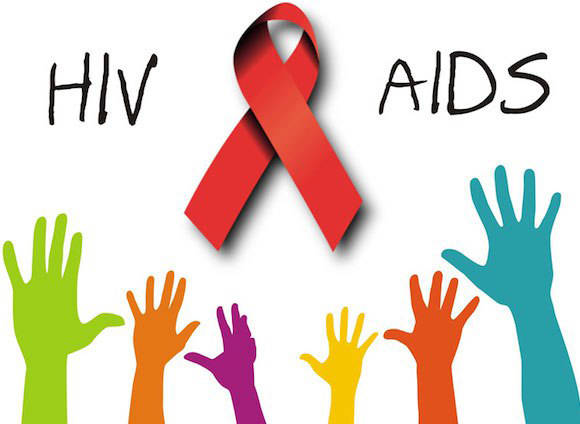HIV: Studies show promise on movement from three- to two-drug regimens
Two studies presented at the recent 10th International AIDS Society Conference on HIV Science (IAS 2019) in Mexico have raised hopes for the movement from three to two drug regimen in the treatment of HIV. The two studies from ViiV Healthcare presented the safety and efficacy of the drug, dolutegravir (DTG) plus lamivudine (3TC), in […]

Two studies presented at the recent 10th International AIDS Society Conference on HIV Science (IAS 2019) in Mexico have raised hopes for the movement from three to two drug regimen in the treatment of HIV.
The two studies from ViiV Healthcare presented the safety and efficacy of the drug, dolutegravir (DTG) plus lamivudine (3TC), in two-drug therapy – for people starting treatment for the first time; and for people who switch after being virally suppressed on another regimen.
Dolutegravir is a drug used in combination with other antiretroviral agents for the treatment of HIV.
The first study reviewed two identically designed clinical trials involving 1,400 patients, known as GEMINI 1 and 2. The Phase III trials compared the safety and efficacy of dolutegravir and lamivudine drugs in patients who were HIV naive with those taking the three-drug combination of dolutegravir, tenofovir and emtricitabine.
The new analysis, which includes 96 weeks of data, found that the two-drug regimen remained non-inferior to the three-drug regimen over the two-year period.
The second study, known as TANGO, is a randomized Phase III trial and was conducted to assess whether adults living with HIV-1 who had maintained viral suppression for at least six months on a TAF-containing regimen of at least three drugs, were able to maintain similar rates of viral suppression after switching to the two drug regimen of dolutegravir/lamivudine in a fixed-dose combination, compared to continuing the TAF-containing regimen.
TANGO comprised 741 participants, randomized equally between the two- and three-drug regimens. It found that, after 24 weeks of therapy, the two-drug regimen was non-inferior in terms of achieving and maintaining viral suppression.
While the study will continue through 148 weeks, the initial analysis suggests that switching to the two-drug regimen could indeed be an option for those on three drugs.
Briefing newsmen during the conference, ViiV Healthcare, the global specialist HIV company majority owned by GSK, with Pfizer Inc. and Shionogi Limited as shareholders, said there was positive Week 48 results in first study to evaluate treatment switch from TAF-containing regimen with three or more drugs to two-drug regimen of dolutegravir/lamivudine for HIV-1 infection.
Experts from the organization said GEMINI & 2 studies through Week 96 showed that two-drug regimen of dolutegravir plus lamivudine continued to demonstrate high efficacy rates and no cases of treatment emergent resistance.
Pedro Cahn, principal investigator for the GEMINI study programme, said the Week 96 data from the GEMINI studies demonstrate that the clinical benefits of dolutegravir plus lamivudine seen at Week 48 are sustainable, allowing them to use the two drugs while still getting efficacy non-inferior to that of a dolutegravir-based three-drug regimen.
“This provides further evidence for the benefits of this dolutegravir-based 2-drug regimen in a treatment-naive population, and enables physicians and people living with HIV to be confident in the durability of this treatment option.
“These latest findings are important for people living with HIV who will potentially spend decades taking medication to manage their HIV,” he said
Head of Global Research & Medical Strategy at ViiV Healthcare, Kimberly Smith, MD, said with HIV now considered a chronic condition and people living with HIV needing antiretroviral treatments for life, taking fewer medicines over a lifetime has become an important consideration for the community.
